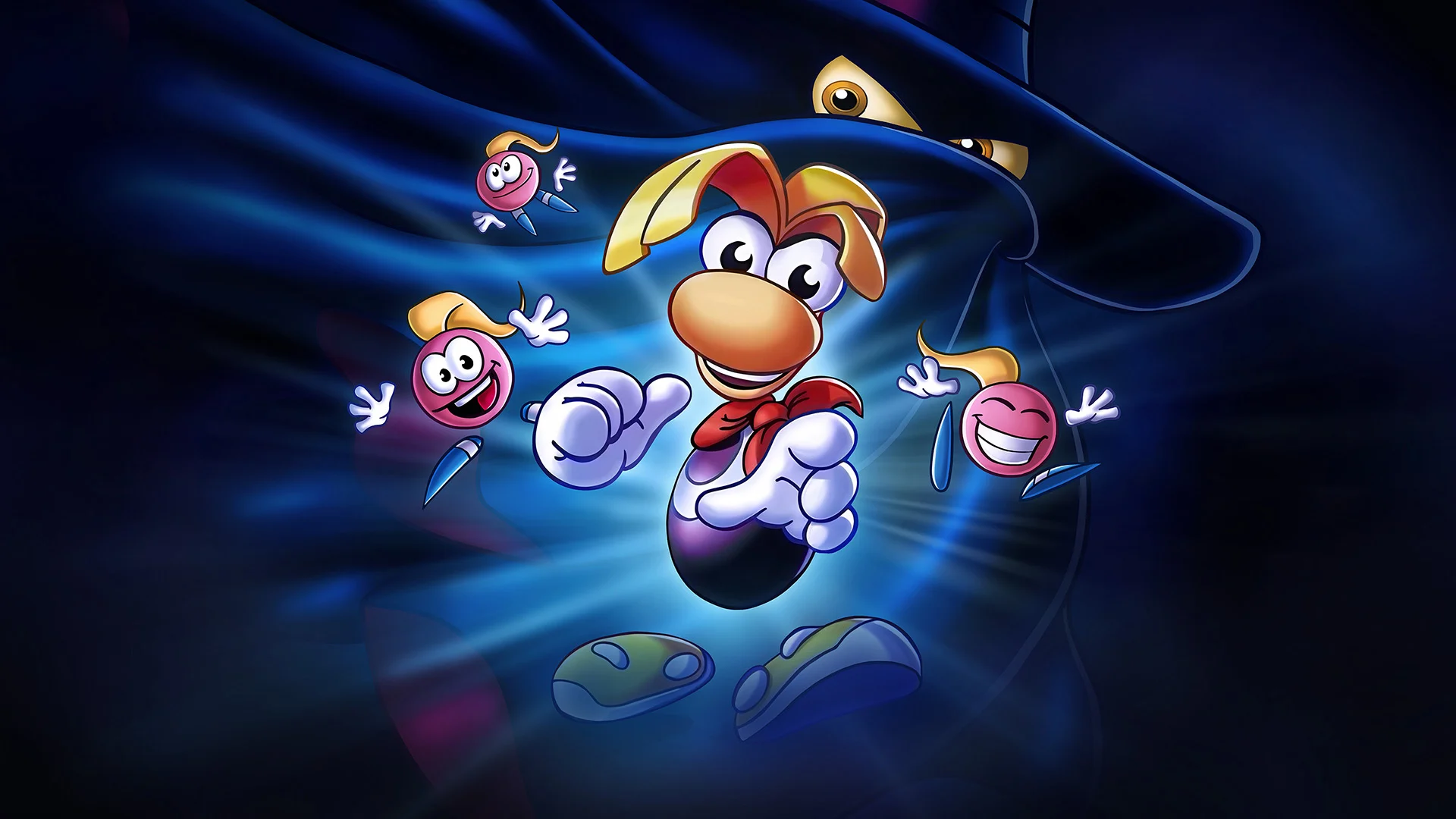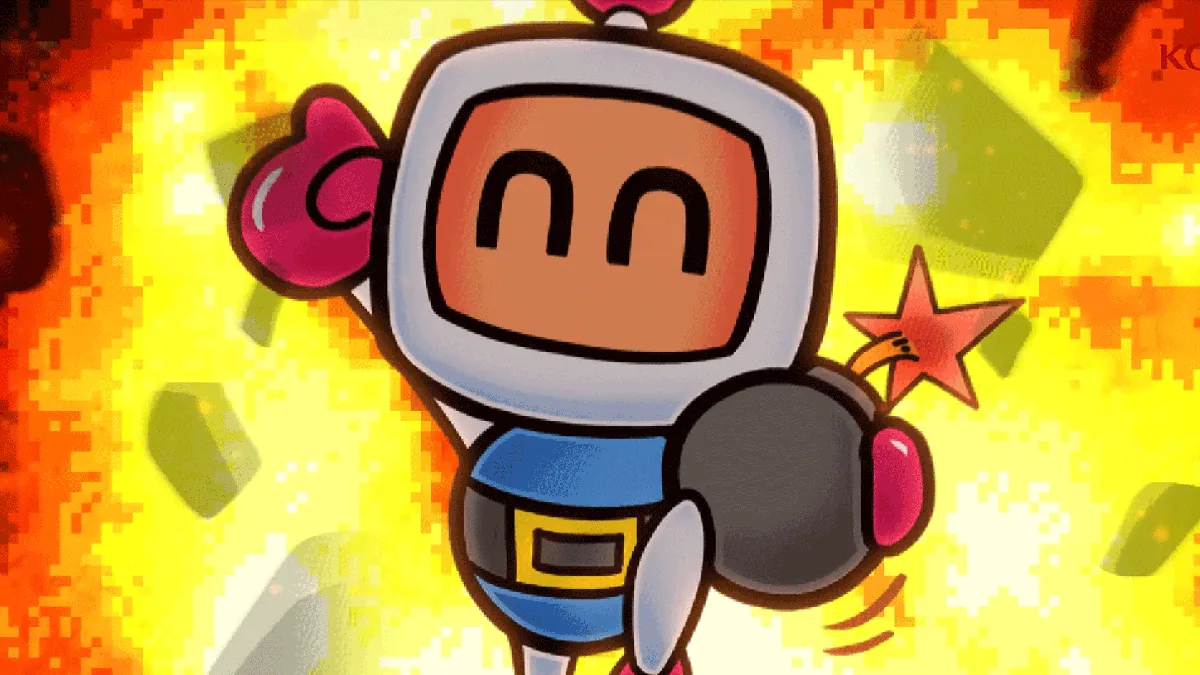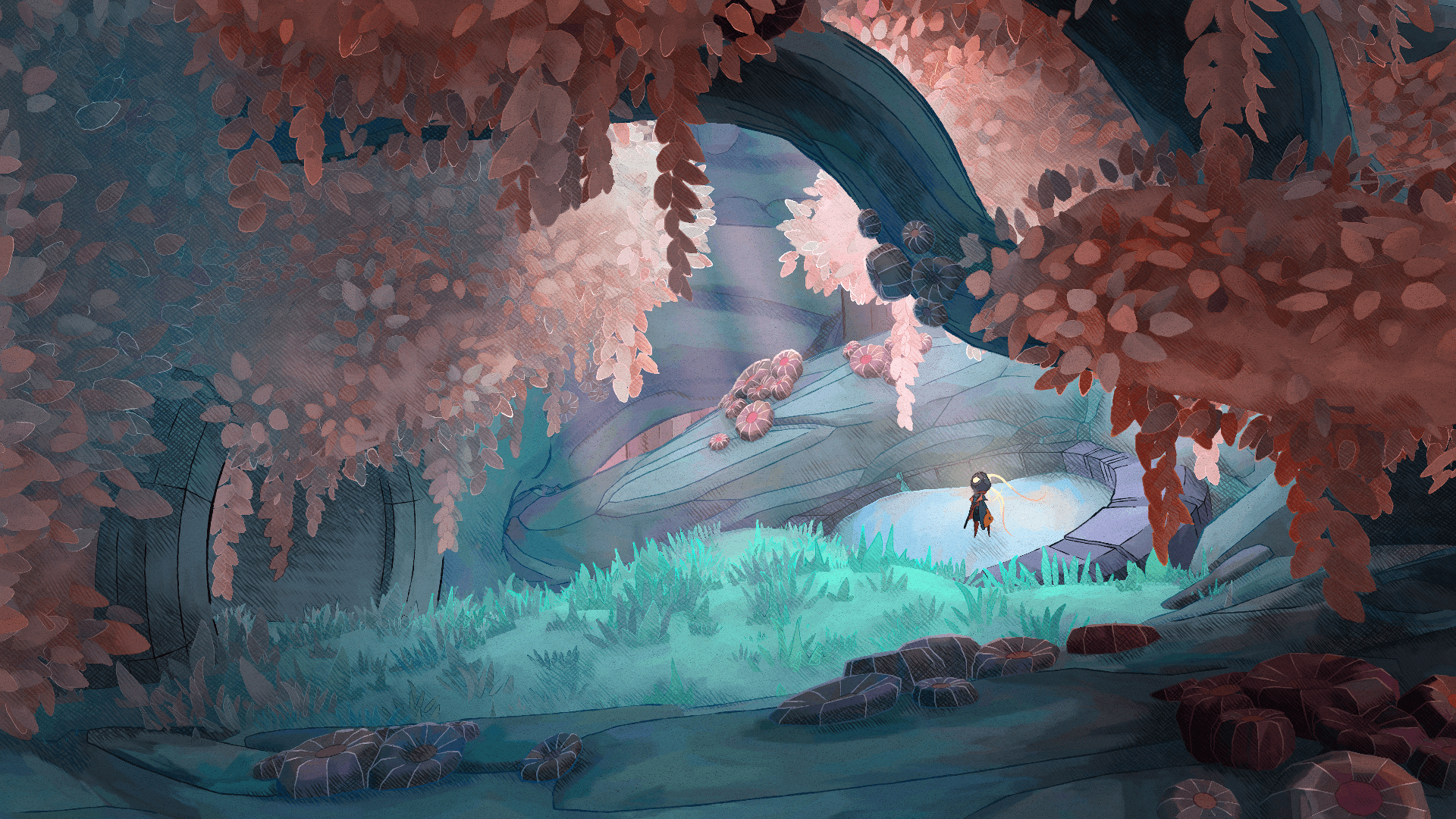Studio No Code hit it out of the park with 2017’s Stories Untold. That game’s incredibly unique sense of design and approach to adventure gaming shook my foundations and became one of my personal favorites that year. It played with what I’ve come to expect in adventure gaming, especially after years of playing games with similar play structure, breaking the notion of merely pointing and clicking not only for the sake of shaking things up, but also to show that there’s more to it by going back to its roots and at the same time doing things that at that point in time were unheard of.
Observation follows that up in its own way, and while not nearly as shockingly good as Stories Untold, it shows that No Code brilliantly elegant notions of UI design still have a lot to innovate, even if the core ideas powering your five to seven hour-run of the game aren’t necessarily as immersive as their previous offering, which made use of audio in a way that I frankly have yet to see topped, or, anything come remotely close to it. Observation feels like a more grounded game as a whole, but that doesn’t mean it doesn’t break some conventions on its own.

Starting out in a near future space station seemingly lifelessly drifting in the middle of space, you emerge as an artificial intelligence system called SAM. At first, you don’t have a whole lot of abilities. You’re pretty much only able to switch your view between the many cameras that permeate the apparently deserted facility called Observation, and interact with other machines as you attempt to help Dr. Emma Fisher, the lone astronaut who finds herself stranded and with no recollection of how things got that far out of hand. Slowly, the story unfolds via audio logs you hack out of the many laptops strewn about the place, as well as documents you scan, lending a little more backstory to Observation’s mission.
The less said about the game’s story, the better. Safe to say, it’s quite a doozy, and it certainly surprised me. You won’t want to quickly make your way through the game either, because as with other atmospheric first-person experiences out there, Observation delivers plenty of environmental storytelling that can go untold if you just rush through. I don’t mean merely reading logs and going about your business either. The puzzles you’ll solve, every section of the base, and even the little details you’ll run into have their own tales to tell, for as minor as they might seem.

It’s the incredible atmosphere built for Observation that make it so unique to play. Its execution stumbles when you eventually are given free movement to your exploration of the base since there’s no guidance whatsoever aside from Emma’s often vague instructions, which led me to get stuck a couple of times during my playthrough until I figured out just where I needed to fly off to or worse, discover what small console I overlooked as I rushed through the station’s many corridors back and forth.
Switching from camera feeds, hacking into the many different computer systems within Observation and eventually starting to understand just what the hell is going on feels really cool, thanks to the tremendous graphic design work behind the game’s UI. It doesn’t look great in a visual sense of beauty per se, but its blasé approach to efficiency immersively contrasts with the abnormalities you’ll experience throughout.

In that regard, Observation might not be a game for someone who suffers from any sort of photosensitivity due to how heavily it relies on visual effects and distortions, as well as motion and rotation during the free moving moments of your time in the space station.
To me, developer No Code has been at the forefront of adventure gaming ever since Stories Untold hit the scene, and Observation further cements that. Granted, it’s not as solid overall thanks to the few sheer directionless moments that might leave you stuck, but the experience as a whole is utterly fascinating and shouldn’t be missed.




